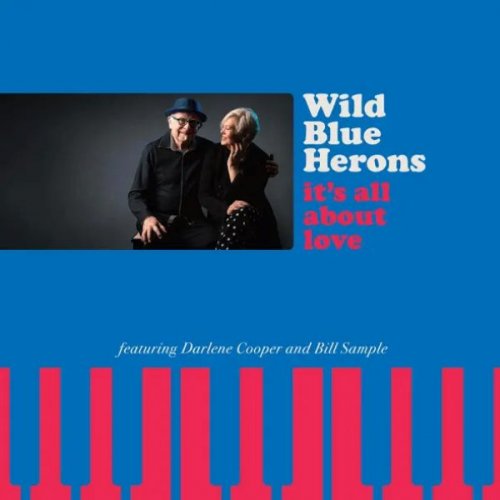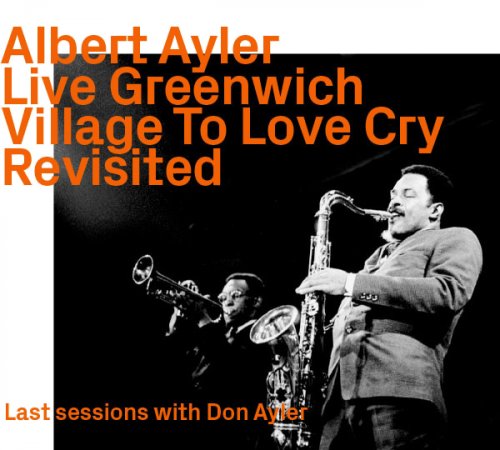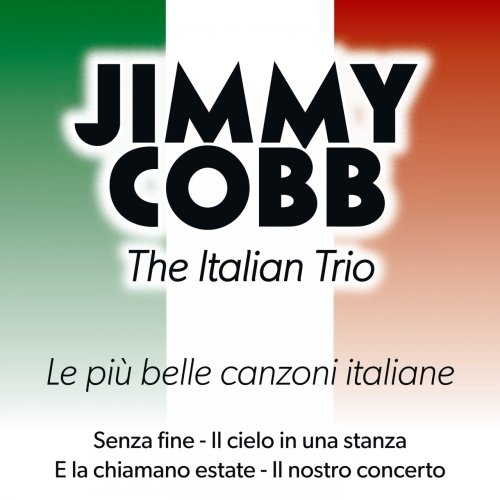Oscar Pettiford - The Chronological Classics- 1954-1955 (2007)
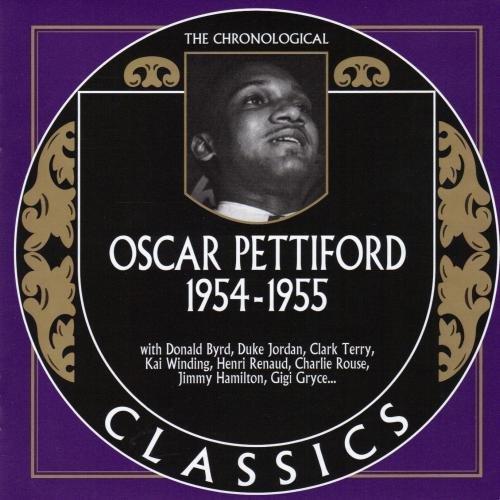
Artist: Oscar Pettiford
Title: The Chronological Classics- 1954-1955
Year Of Release: 2007
Label: Classics [1454]
Genre: Jazz, Bop
Quality: FLAC (tracks + scans)
Total Time: 77:14
Total Size: 402 MB(+3%)
WebSite: Album Preview
TracklistTitle: The Chronological Classics- 1954-1955
Year Of Release: 2007
Label: Classics [1454]
Genre: Jazz, Bop
Quality: FLAC (tracks + scans)
Total Time: 77:14
Total Size: 402 MB(+3%)
WebSite: Album Preview
01. E Lag (Mulligan) 2:32
02. Rhumblues (Feather) 4:26
03. Sextette (Mulligan) 2:53
04. Edge of Love (Goode, Baker, Ables) 2:20
05. Cable Car (Pettiford) 2:17
06. Trictatism (Pettiford) 2:36
07. Rides Again (Pettiford) 2:29
08. The Golden Touch (Jones) 2:22
09. Jack the Bear (Ellington) 3:14
10. Tamalpais (Pettiford) 3:32
11. Chuckles (Terry) 2:41
12. Mood Indigo (Ellington, Mills, Bigard) 2:55
13. Time on My Hands (Youmans, Adamson, Gordon) 3:09
14. Swing Until the Girls Come Home (Pettiford) 3:53
15. Titoro (Taylor) 3:19
16. Scorpio (Williams) 3:43
17. Oscalypso (Pettiford) 2:05
18. Another One (Jones) 4:08
19. Bohemia After Dark (Pettiford) 5:32
20. Stardust (Carmichael, Parish) 3:29 [p & b only]
21. Don't Squawk (Pettiford) 4:14
22. Minor Seventh Heaven (Johnson) 3:55
23. Kamman A-Coming (Pettiford) 5:07
During his short, prolific, and equally tempestuous career, bassist Oscar Pettiford made potent modern jazz that stands the test of time, and is equal to or as brilliant as any you can name. These reissues, mainly from Bethlehem label recordings, showcase large ensembles and are a prelude to the orchestra Pettiford would lead before his untimely death in a European bicycle accident in 1960. There is an octet and a nonet from the Bethlehem dates, quite different and very strong. With trumpeters Clark Terry and Joe Wilder, trombonist Jimmy Cleveland, alto saxophonist Dave Schildkraut, clarinetist Jimmy Hamilton, and baritone saxophonist Danny Bank, Pettiford is able to use these members of Duke Ellington's orchestra in a manner much like Duke. There's a jam for Hamilton on Ellington's "Jack the Bear," Pettiford's reverent Jewish-sounding theme "Tamalpais," Terry's hard bopper "Chuckles" with Bank taking the lead, a typical "Mood Indigo" with Pettiford's walking bass up front in the mix, and a darker, moodier "Time on My Hands." The effortlessness of the ensemble is easy to hear, but does not really tell what Pettiford and his big band would do in the not-too-distant future. The next nine tracks, with considerable help from alto saxophonist and arranger Gigi Gryce, give definitive foreshadowing as to the charts that set Pettiford's music in an advanced stance. With trumpeters Donald Byrd and Ernie Royal, trombonist Bob Brookmeyer, multi-instrumentalist Jerome Richardson, and Gryce, a higher bar is set from a harmonic standpoint. "Titoro" is an outstanding merging of post-bop, Latin spice, and emerging progressive modernism, topped off by a scintillating solo from pianist Don Abney. The trend continues on the predatory ambush sounds of "Scorpio," the wild bird flute of Richardson on "Oscalypso," the bluesy "Don't Squawk" (a change of pace and a feature for Richardson again on flute), the happy chart "Kamman's A-Coming," Pettiford's cello feature "Another Seventh Heaven," and the famous bass-led "Bohemia After Dark." All are stellar examples of things to come in the late '50s. There are six quintet tracks with just French horn icon Julius Watkins and tenor saxophonist Charlie Rouse in the front line, ranging from the galloping bop of Gerry Mulligan's "Sextette" to the well-known tuneful melody "Tricotism" with horns comping over Pettiford's lead bassline, and the solid bop of "Cable Car" and "Rides Again," both tunes that should be standards. The CD kicks off with two tracks originally on the Swing label out of France, featuring pianist Henri Renaud and a sextet with Max Roach on drums, guitarist Tal Farlow, tenor saxophonist Al Cohn, and trombonist Kai Winding. These two tunes are from a session documented on the previous Classics Pettiford reissue, 1951-1954: another happy Mulligan bopper ("E Lag") and the Charlie Parker-like "Rhumblues" (similar to "My Little Suede Shoes"). 1954-1955 is a must-have for mainstream jazz fans, and a fully representative document of what Pettiford was capable of as a player and leader.~ Michael G. Nastos
![Alexander Wienand - Strangers (2026) [Hi-Res] Alexander Wienand - Strangers (2026) [Hi-Res]](https://www.dibpic.com/uploads/posts/2026-02/1772172636_cover.jpg)
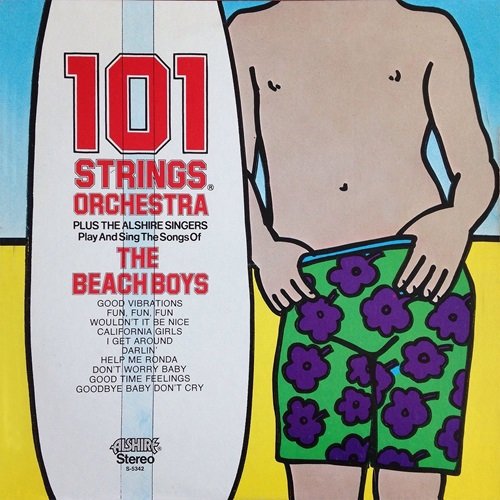

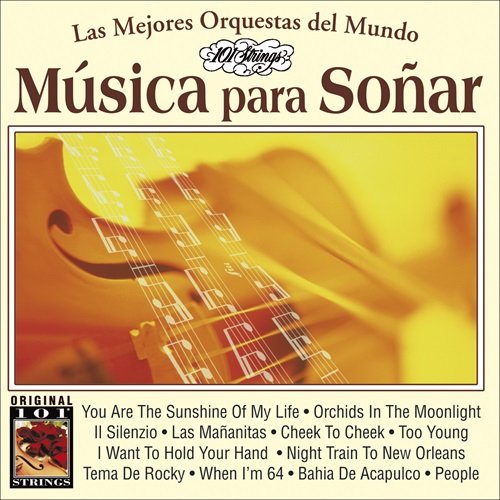
![Chad Lefkowitz-Brown - City Spirit (2026) [Hi-Res] Chad Lefkowitz-Brown - City Spirit (2026) [Hi-Res]](https://www.dibpic.com/uploads/posts/2026-02/1772171883_y3mc4z2lmsr7a_600.jpg)
![Mammal Hands - Becoming (2018) [Hi-Res] Mammal Hands - Becoming (2018) [Hi-Res]](https://www.dibpic.com/uploads/posts/2023-01/1673772235_cover.jpg)
